

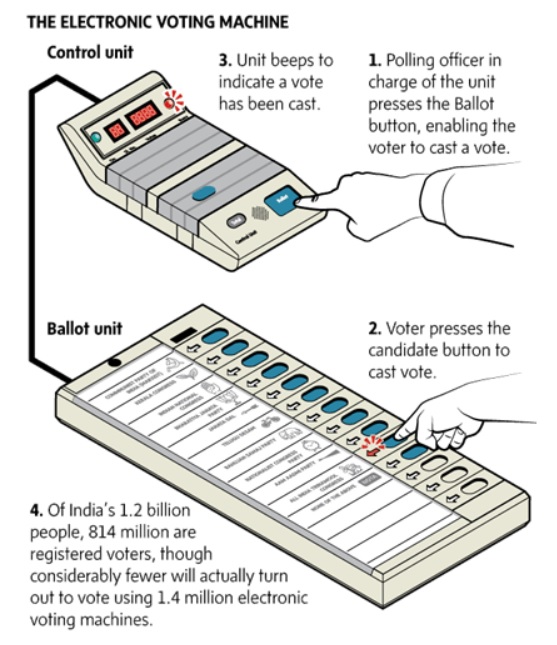
As soon as the election date is announced, political parties in India begin their preparations for the upcoming battle. With a shift from paper ballots to Electronic Voting Machines (EVMs), the electoral process has evolved significantly. But what happens to these machines after the votes are cast? The EVMs are stored in highly secure strong rooms, and after the results are declared, they are kept for 45 days before being moved to a storage facility. Before the next election, they are retrieved, and the integrity of each machine is verified by representatives from political parties before being reused.
EVMs: Beyond the Election Day
Background
Electronic Voting Machines (EVMs) have revolutionized the electoral process in India, replacing the traditional paper ballot system. EVMs offer greater accuracy, efficiency, and security, reducing the instances of fraud and malpractices. However, the journey of EVMs extends well beyond the election day.
Post-Election Storage and Verification
As soon as the election date is announced, political parties gear up for the electoral battle. With the introduction of EVMs, the electoral process has undergone a significant change. After the votes are cast, the EVMs are sealed and stored in highly secure strong rooms under the watchful eyes of representatives from political parties and election officials.
After the election results are declared, the EVMs are kept in the strong rooms for a period of 45 days. During this time, the machines are closely monitored to prevent any tampering or unauthorized access. The integrity of the EVMs is also verified by representatives from political parties.
Storage Facility and Retrieval for Future Elections
Once the 45-day period elapses, the EVMs are moved to a dedicated storage facility. They are safely stored and maintained for the next electoral cycle. Before the next election, the EVMs are retrieved from the storage facility and the integrity of each machine is once again verified by representatives from political parties.
FAQs
1. How often are EVMs replaced or upgraded?
EVMs are typically upgraded every 5-7 years to incorporate new security features and technological advancements. However, they are not replaced unless they develop technical faults or become outdated.
2. Can EVMs be hacked or manipulated?
EVMs are designed with multiple layers of security to prevent hacking or manipulation. They are sealed in tamper-evident cases and have built-in mechanisms to detect any unauthorized access.
3. What happens to invalid votes cast in EVMs?
Invalid votes are not recorded by EVMs. They are typically identified during the counting process and are not included in the final tally.
4. How transparent is the EVM storage and verification process?
The entire storage and verification process is transparent and open to observation by representatives from political parties and election officials. The machines are sealed in front of witnesses and stored in secure facilities.
5. What is the role of political parties in the EVM verification process?
Political parties play a crucial role in ensuring the integrity of EVMs. They have the right to verify the machines before and after elections to ensure that there has been no tampering or manipulation.

With Delhi's Assembly elections just around the corner, the BJP has brought attention to a report by JNU professors on the alleged negative impacts of Rohingya and Bangladeshi infiltrators on the city's infrastructure. The research reveals a demographic shift in areas such as Seelampur, Jamia Nagar, and Zakir Nagar. BJP spokesperson Sambit Patra claims that these infiltrators have taken over jobs from Indian workers, with the support of AAP and Congress. The issue of fake voter identities and criminal connections is also addressed in the report.
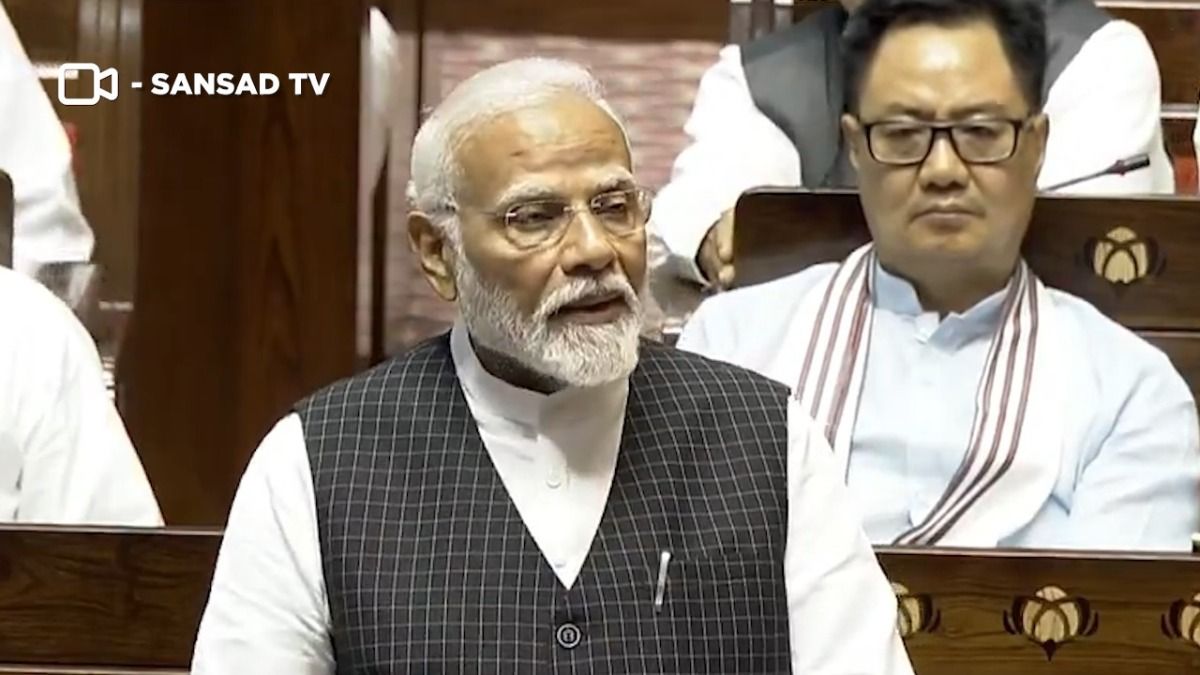
In a fiery Lok Sabha speech, Prime Minister Narendra Modi responded to criticism from the opposition by highlighting his government's achievements in real development for the people. He also took a dig at Leader of Opposition Rahul Gandhi and AAP convenor Arvind Kejriwal for prioritizing photo opportunities over the needs of the poor. Modi emphasized that the President's address further strengthened the government's commitment to a developed India.

Director of Public Prosecutions Roger Gaspard is still waiting for updates from the police regarding their investigation into Commissioner of Police Erla Harewood-Christopher. Sources have revealed that Gaspard has requested certain information from the National Security Council in relation to the case. Harewood-Christopher's attorney Pamela Elder SC maintains that there is no evidence against her client. However, Gaspard has not received any updates from the police since Saturday.
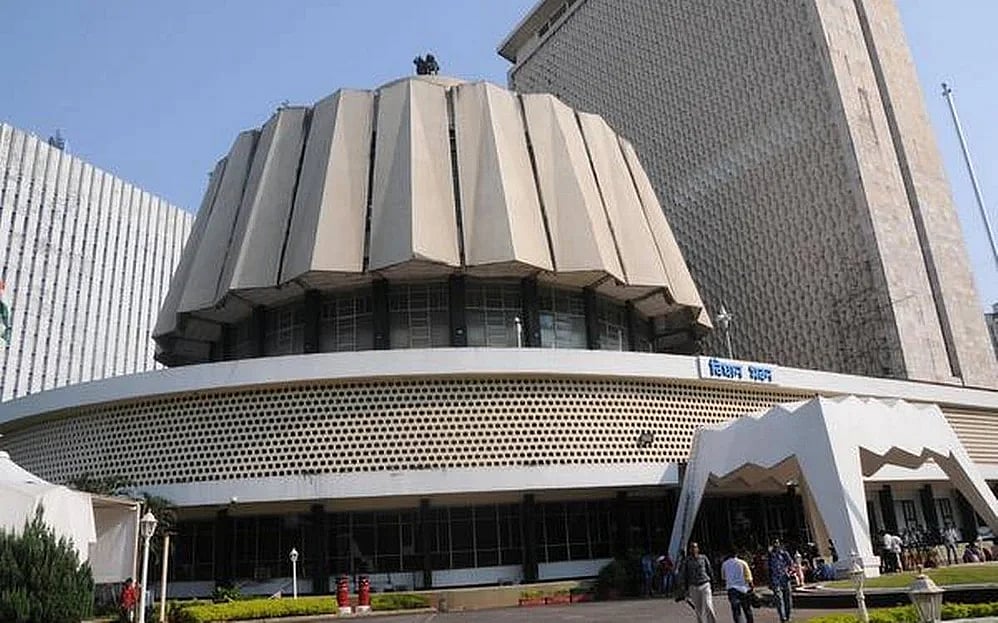
The state planning department of Maharashtra has released a notification stating that all government and semi-government officials must speak in Marathi while at work. Those who do not comply may face disciplinary action. This rule aims to promote and protect the Marathi language and culture within the state.
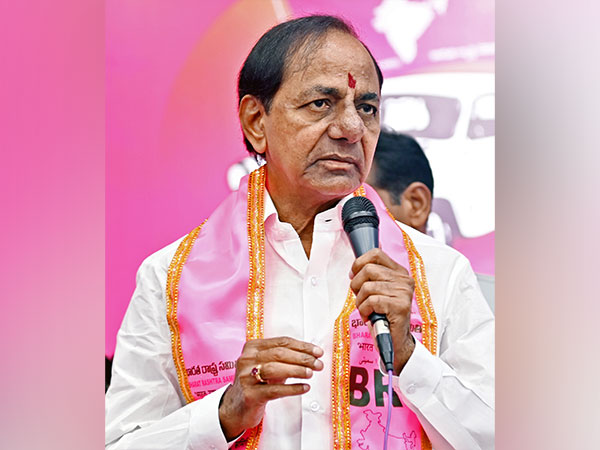
Telangana's Minister N Uttam Kumar Reddy denied the BRS party's claims that the launch of new schemes would affect ongoing schemes. During an informal media interaction, he stated that the BRS was spreading false information for their own political gain. The Minister reassured that the ongoing schemes would continue without any impact. He also added that the current government has successfully implemented numerous welfare schemes and is committed to providing good governance.
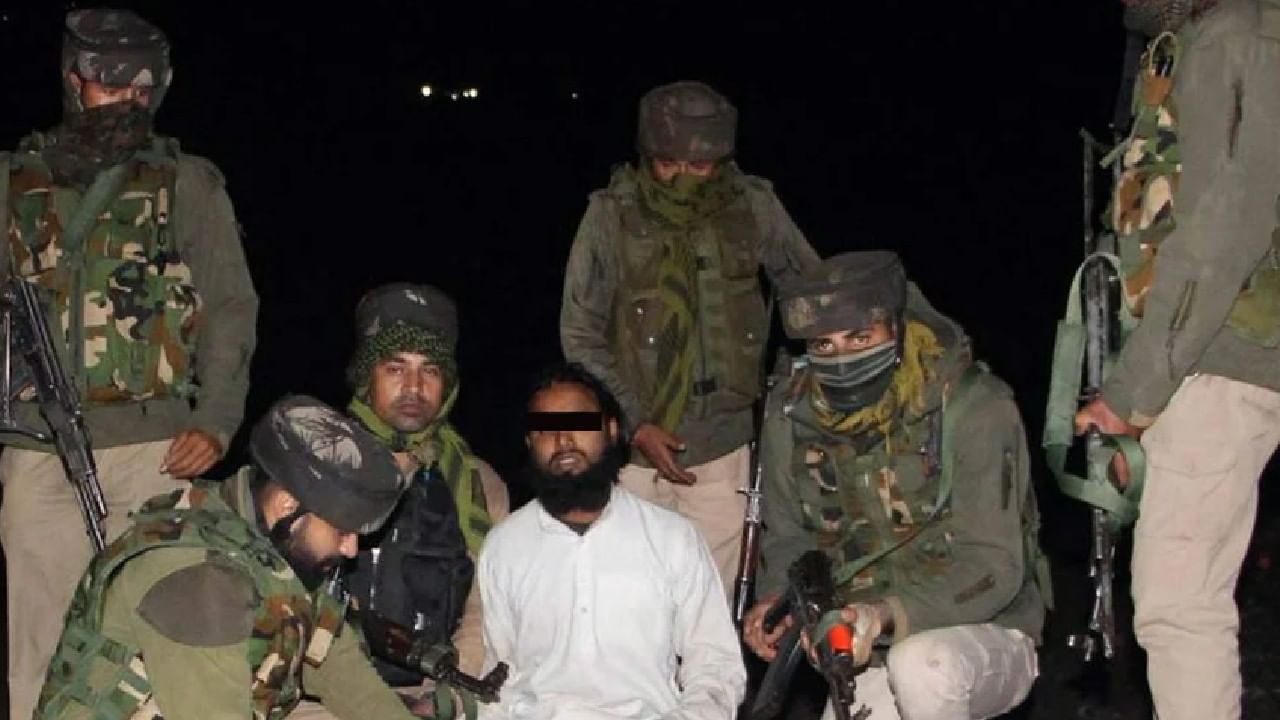
The Lt Governor and Chief Minister of Jammu and Kashmir have both strongly condemned a terrorist attack that took place on Monday, resulting in the death of an ex-serviceman and injuries to two women. The LG has vowed to punish the perpetrators and provide support to the victims, while the CM has expressed condolences and called for an end to such heinous violence in their society. Other political figures, including former chief minister Mehbooba Mufti and APni Party president Altaf Bukhari, have also spoken out against the attack and offered prayers for the injured.
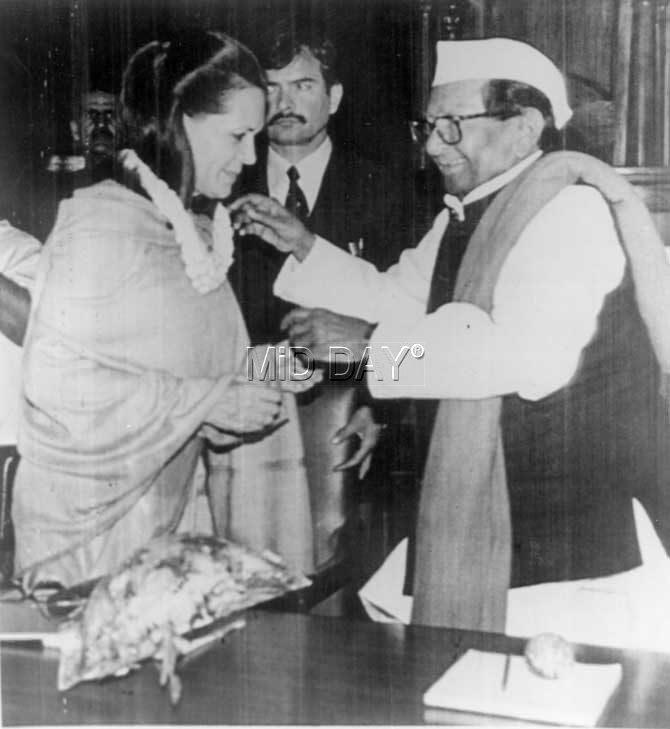
BJP MPs have filed a Notice for Breach of Parliamentary Privilege, Ethics, and Propriety against Congress leader Sonia Gandhi for her alleged derogatory and slanderous remarks against the President. The move comes amid increasing tensions in Parliament as the BJP accuses Gandhi of violating ethical standards. Meanwhile, Priyanka Gandhi Vadra praised Rahul Gandhi's speech, stating that a leader's words should present a clear vision for the country. Entertainment Priyanka Gandhi Vadra Praises Rahul Gandhi's Parliamentary Speech Amid ongoing tensions in Parliament, Congress leader Priyanka Gandhi Vadra lauds her brother Rahul Gandhi's speech in Lok Sabha. She states that a leader's speech should lay out a clear vision for the country, and that she was impressed by his words. The speech comes amidst the ongoing Budget Session, which saw proceedings in the Rajya Sabha adjourned for the day.
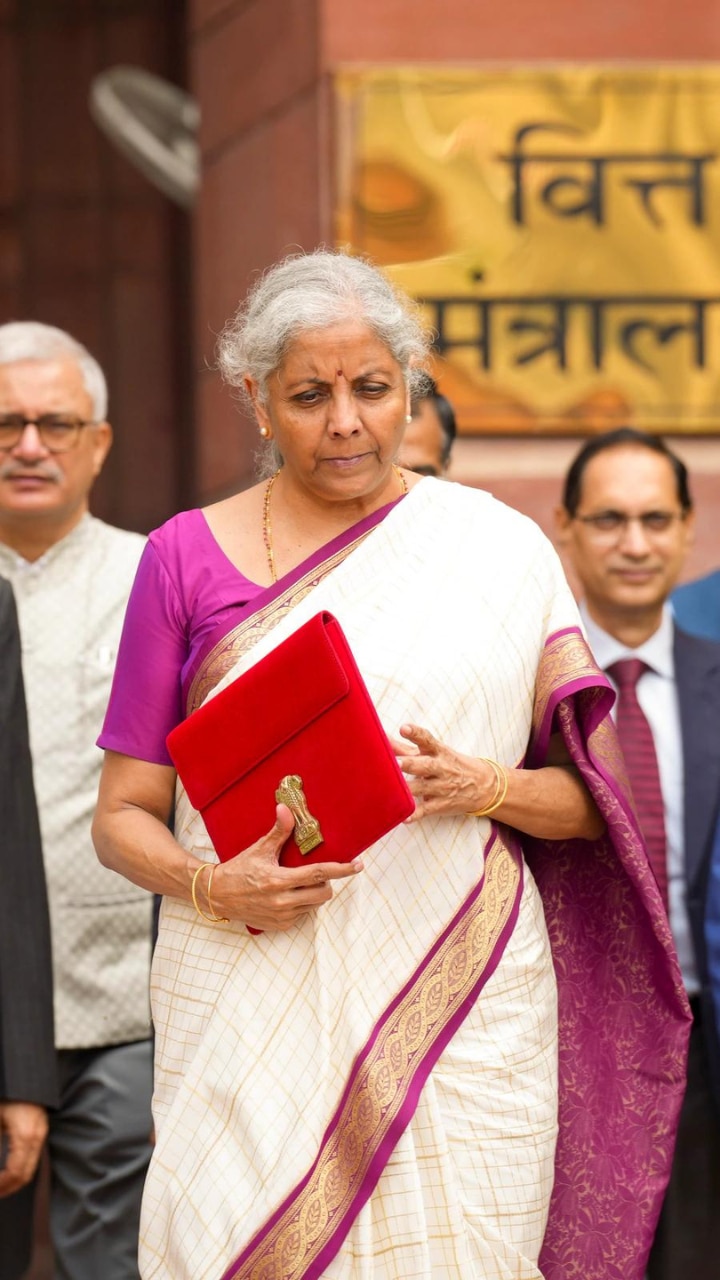
The recently announced Union Budget by Finance Minister Nirmala Sitharaman has been strategically tailored to cater to the needs of the state of Bihar, which is gearing up for assembly elections later this year. With a strong focus on projects and schemes that benefit farmers and the youth in Bihar, the budget aims to secure the reigns of the state for the BJP-led NDA ahead of the upcoming polls. The minister's choice of a saree adorned with Madhubani art motifs further reinforces this focus on the Mithila region.

In a move that has sparked international criticism, the Nicaraguan parliament has approved a constitutional reform that grants full powers to President Ortega and his wife, Rosario Murillo. This makes them the first-ever co-presidents of the Central American country, with control over state institutions and no term limits. The controversial measure was passed by the parliament, which is dominated by Ortega's party, and is retroactive, extending the couple's mandates until 2028.
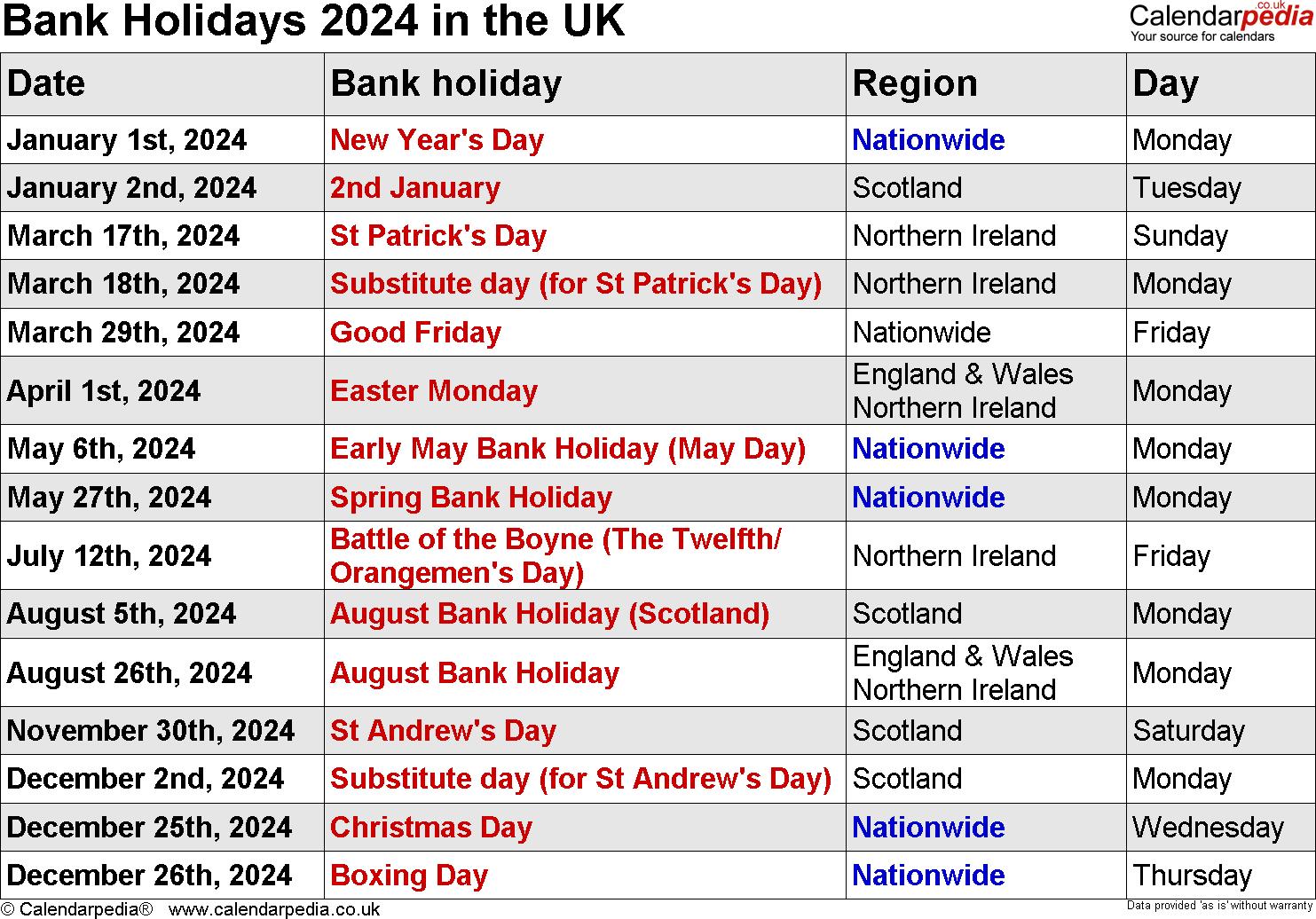
In a recent announcement, the UK government confirmed that there will be no additional bank holidays in 2024, despite rumors that they were considering adding days off to commemorate World War Two victories. This news may come as a disappointment to some who were looking forward to potential time off, but it's important to note that employers are not required to provide paid leave on bank holidays. Here is a list of all the confirmed bank holidays for 2025 in England and Wales.